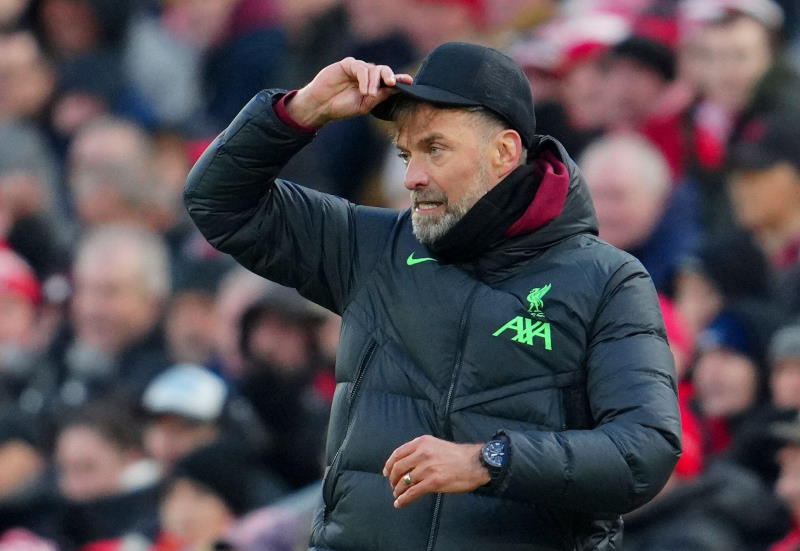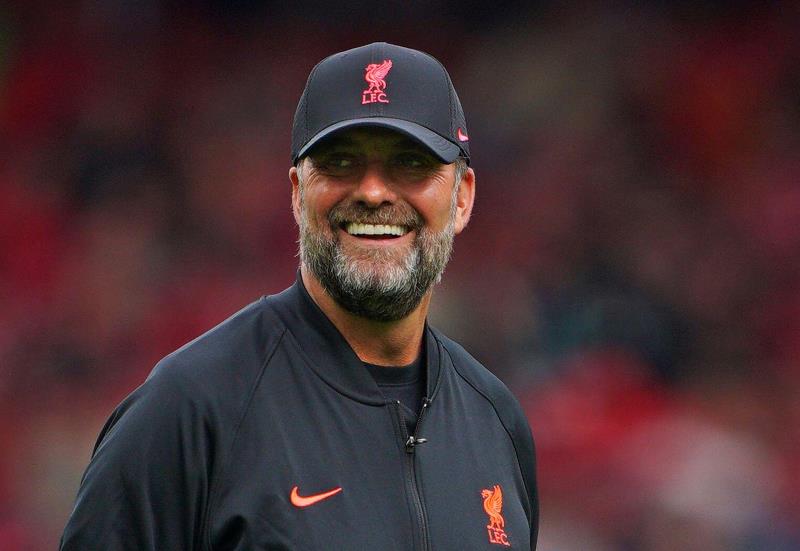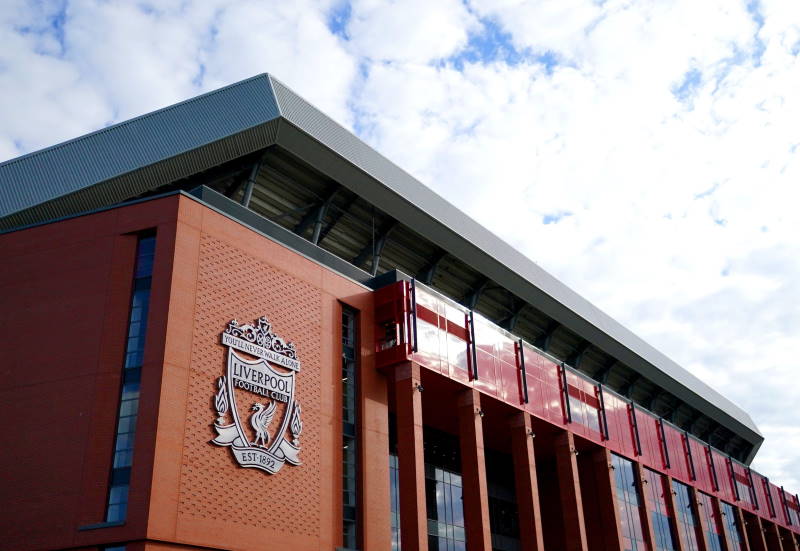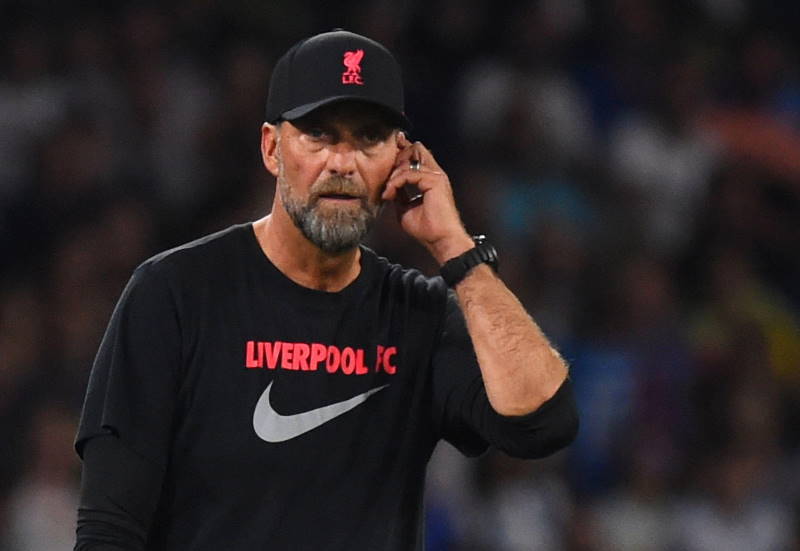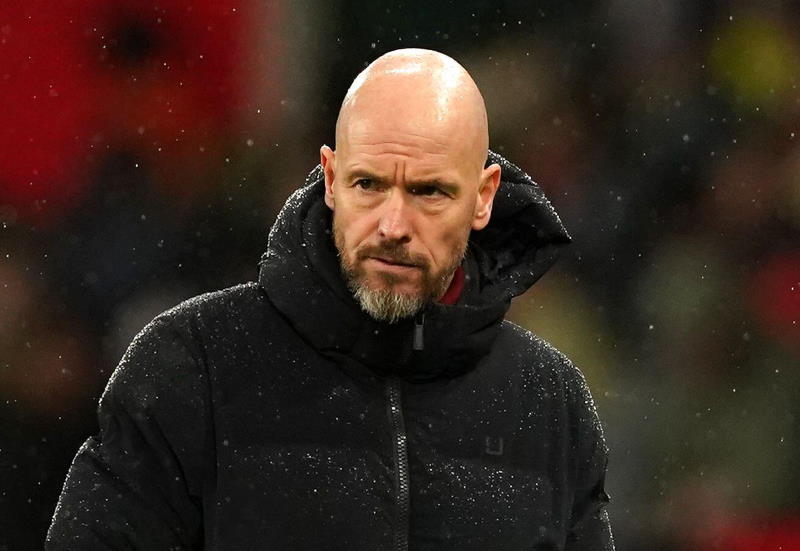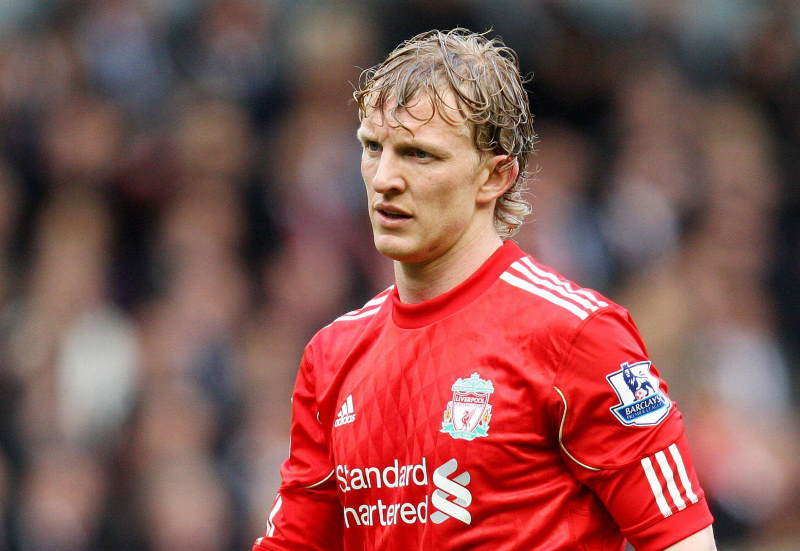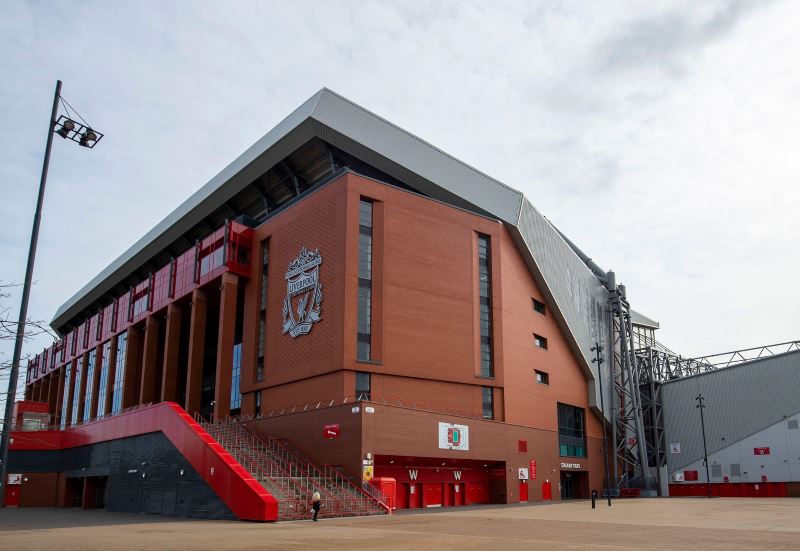
Last year Barcelona and Real Madrid met in the Champions League semi-finals, the fourth of four Clasicos in the space of just over a fortnight. This year, the duo have been kept apart in the last four, and at the time of writing the prospect of a rematch at the Allianz Arena on 19th May is still very much alive.
Barcelona have now for some years been the dominant team on the continent, winning three of the last six Champions League titles. Yet it is probably the emergence of Real Madrid as a force in Europe once more which has emphasised the new Spanish dawn. While English clubs have done well in recent years, now the Premier League’s elite are being left behind, along with the rest of Europe.
It will be a familiar sight for Spanish football fans, who are used to the annual procession that is the duo’s title fight. The other 18 teams in La Liga take it in turns to visit the Camp Nou and Bernabeu, rarely with much hope of leaving with anything other than perhaps a photo from the vast trophy collection in each side’s respective club museums.
There is something seriously wrong with Spanish football. It has ceased to be a cogent competition and is the most polarised league in Europe. After 33 games, Valencia in third are closer in terms of points to bottom of the table Racing Santander than second placed Barcelona.
Then consider that this league, in which two teams are so much better than the rest, is likely to provide the two finalists for this season’s Europa League. It is not unrealistic to imagine that Atletico Madrid, seventh in La Liga, could face Athletic Bilbao in the final. If this is how good the rest of La Liga is when playing in Europe, that just accentuates how high a level Barcelona and Real Madrid have reached.
The main reason for this is the individual TV rights deals that Spanish teams can negotiate. Thanks to this, at present Barcelona and Real Madrid take more than €120M a year from TV rights. Manchester United, the English champions, bring in just half that sum. The growth of television income has meant that the Premier League can hoover up more than any other domestic league. But it has also created a situation where Barcelona and Real Madrid can bring in more than any other individual club. The danger is clear.
"I have been trying to transmit to other European clubs that at the moment we have this problem in Spain, but in the future we will have the problem in Europe", Sevilla general manager Jose Cruz told Inside Futbol last year, before the group stage of this year’s tournament had begun.
"It is consistent to think that in the future Barcelona and Real will win the Champions League every year as they are the richest teams in the world and they receive a lot of money from television, more than the rest of the European teams in their internal leagues”, Cruz pointed out. Back then it was predictable what would transpire: either Barcelona and Real Madrid would meet in the quarter or semi-final, with the winner lifting the trophy in Munich, or they would battle it out in the final in Germany for the prize.
The Sevilla general manager’s comments were echoed by Arsenal manager Arsene Wenger at the start of the campaign. "I believe that this season, I see two teams that are above the rest – Real Madrid and Barcelona – and the rest have to catch up during the season. Barca and Real Madrid have much more financial power than they had 14 years ago because they have individualised their TV rights. So they, at the moment, with teams like Manchester City and Chelsea can take who they want."
That last line is remarkably similar to what Cruz had told Inside Futbol days earlier. "The only way to compete with Madrid and Barcelona in the future is either a change of the Spanish TV system or to have a chairman like Manchester City or Chelsea do, who puts a lot of money in.” That would be one saving grace for the Champions League – that certain teams can invest huge sums because they are backed by billionaires. This, artificially, can bridge the gap to some extent, as can the fact that unlike La Liga, the Champions League is fundamentally a ‘cup’. And in a cup, luck players a larger part. One bad match and any team, no matter their status, can be out. On the other hand, if a side are lucky enough to be able to beat Real Madrid or Barcelona, unlikely in itself, the chances of then beating the other would seem even more remote.
Cruz hopes that Sevilla can negotiate a collective deal, the format adopted by the other major European leagues. Currently a deal is in place in principle, which would be ‘collective’, but with the vast majority of revenues still going to Barcelona and Real Madrid. It would also give Atletico Madrid and Valencia an inbuilt financial advantage over the likes of Sevilla.
This has led to political wrangling that does not look like ending any time soon. Some of La Liga’s smaller teams are scared of the big two and taking them on. Atletico Madrid and Valencia would have an advantage in the Champions League race each year under the current deal, but then there are those clubs who sometimes get into Europe’s top competition, like Sevilla and Villarreal, who are fervently opposed.
What is happening in Europe now is not necessarily cyclical. Barcelona and Real Madrid increase their financial advantage every passing year over all of their main rivals on the continent. This is what the pair have done for years in Spain, and it has led to the most uncompetitive major league in Europe. The longer the current Spanish television rights deal continues, the longer these two teams will be able to dominate the Champions League. Every year, Barcelona and Real Madrid sweep up not only Spain’s top talents, but the best players from the rest of Europe, such as Mesut Ozil, Cesc Fabregas and Cristiano Ronaldo.
For England and its clubs, who have been major forces in Europe for the last decade, this poses a particular challenge: it means that the Premier League’s elite have to find a way to react. The only path open looks to be that adopted by Manchester City – the stealth option of spending. Manchester United are one of the world’s biggest, richest and most successful teams of recent years, yet even they and Sir Alex Ferguson are left scratching their heads at how quite to keep up with Barcelona and Real Madrid.
Sevilla President Jose Maria del Nido has said that if nothing changes, the Spain’s La Liga will be dead within a few years. If he is right, the Champions League may not be far behind.

